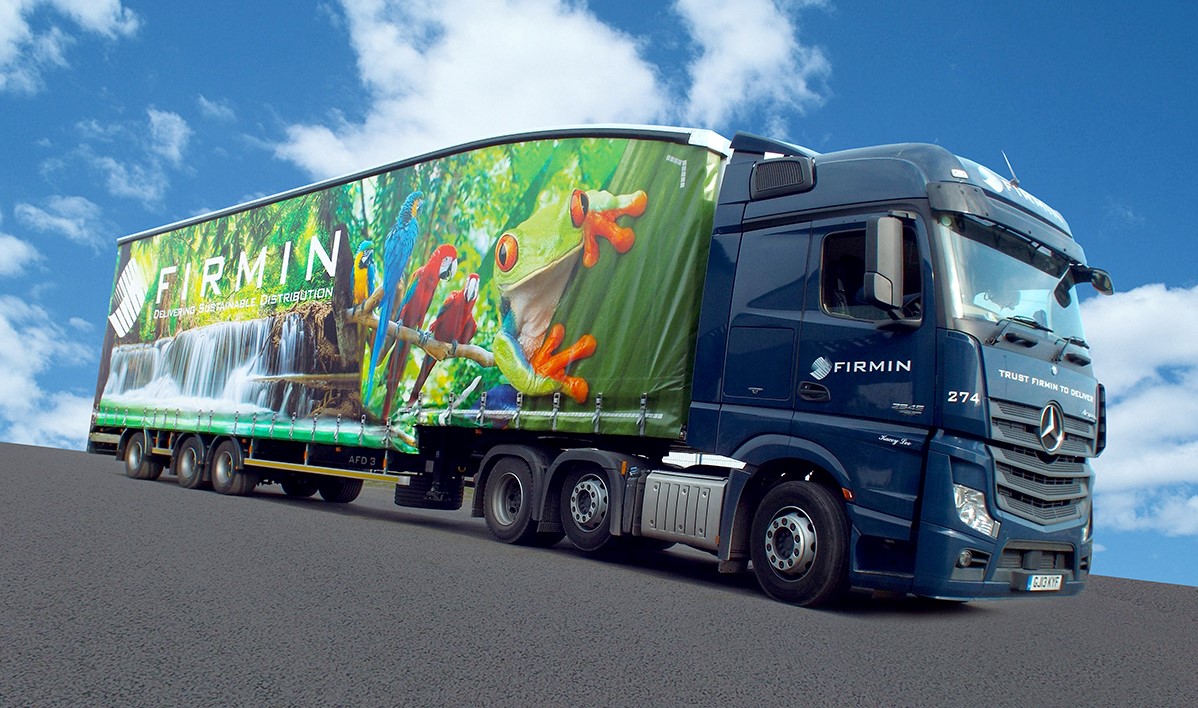LST roll-out means green light for longer lorries

Longer semi-trailers (LST) will be introduced to British roads from May 31, 2023 in a bid to boost productivity, cut road emissions and support supply chains, the government has confirmed.
Legislation will be laid today (May 10) to safely roll out vehicles with longer trailers in Great Britain.
The longer trucks will be able to transport fast-moving consumer goods and retail products, as well as waste packaging, parcels and pallets, ministers said.
LSTs will move the same volume of goods using 8% fewer journeys than current trailers – which the Department for Transport (DfT) said will generate an expected £1.4 billion in economic benefits.
An LST is an extra-long semi-trailer measuring up to 2.05 metres longer than a standard semi-trailer.
One LST will take one standard-size trailer off the road for every 12 trips, according to estimates.
The move follows an 11-year trial to ensure they are used safely on roads, and operators will be encouraged to put extra safety checks and training in place.
The trial showed LSTs were involved in around 61% fewer personal injury collisions than conventional lorries, DfT said.
“A strong, resilient supply chain is key to the Government’s efforts to grow the economy,” said roads minister, Richard Holden.
“That’s why we’re introducing longer semi-trailers to carry more goods in fewer journeys and ensure our shops, supermarkets and hospitals are always well stocked.
“These new vehicles will provide an almost £1.4 billion boost to the haulage industry, reduce congestion, lower emissions and enhance the safety of UK roads,” he claimed.
Vehicles which use LSTs will be subject to the same 44-tonne weight limit as those using standard trailers, and the new vehicles are expected to cause less wear on the roads than conventional lorries due to the type of steering axle used.
Operators will be legally required to ensure appropriate route plans and risk assessments are made to take the unique specifications of LSTs into account.
In addition to these new legal requirements, operators will also be expected to put in place extra safety checks including driver training and scheduling, record keeping, training for transport managers and key staff, and loading of LSTs.
DfT said it is expected LSTs will create almost £1.4 billion in net economic benefits by ensuring more goods are carried on fewer vehicles.
With over 300 companies in the UK having already taken part in the trial, and almost 3,000 on the road, some of the biggest brands including Greggs, Morrisons, Stobart, Royal Mail, and Argos, will be rolling out the longer semi-trailers.
“We welcome the introduction of LSTs into general use,” said Gavin Kirk, supply chain director, Greggs.
“Since 2013, Greggs has been operating LSTs from our National Distribution Centre in Newcastle. We were early adopters of the trial as we saw a significant efficiency benefits from the additional 15% capacity that they afforded us.
“We have converted 20% of our trailer fleet to LSTs, which was the maximum allowable under the trial – and these complement our fleet of double-deck trailers. Our drivers undertook additional training to use these trailers and we have monitored accidents, finding that they are as safe as our standard fleet.
“Due to the increased capacity, we have reduced our annual km travelled by 540,000, and saved 410 tonnes of carbon per year from LSTs,” he concluded.
